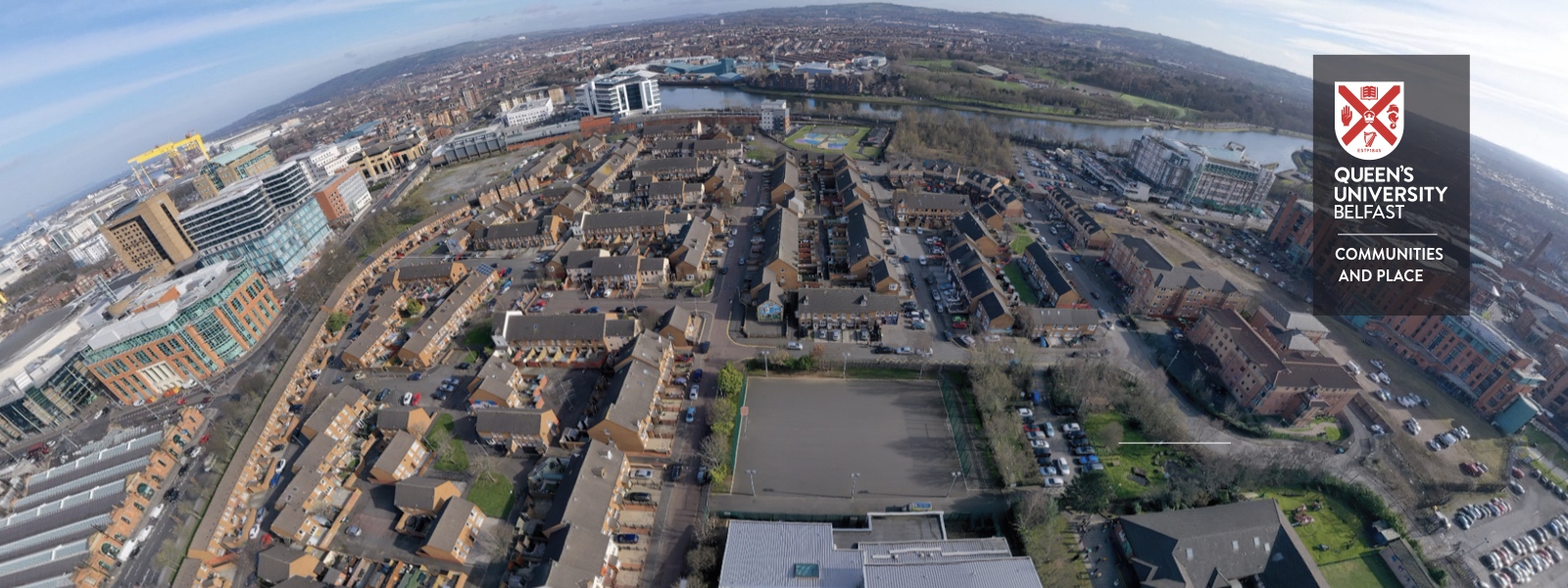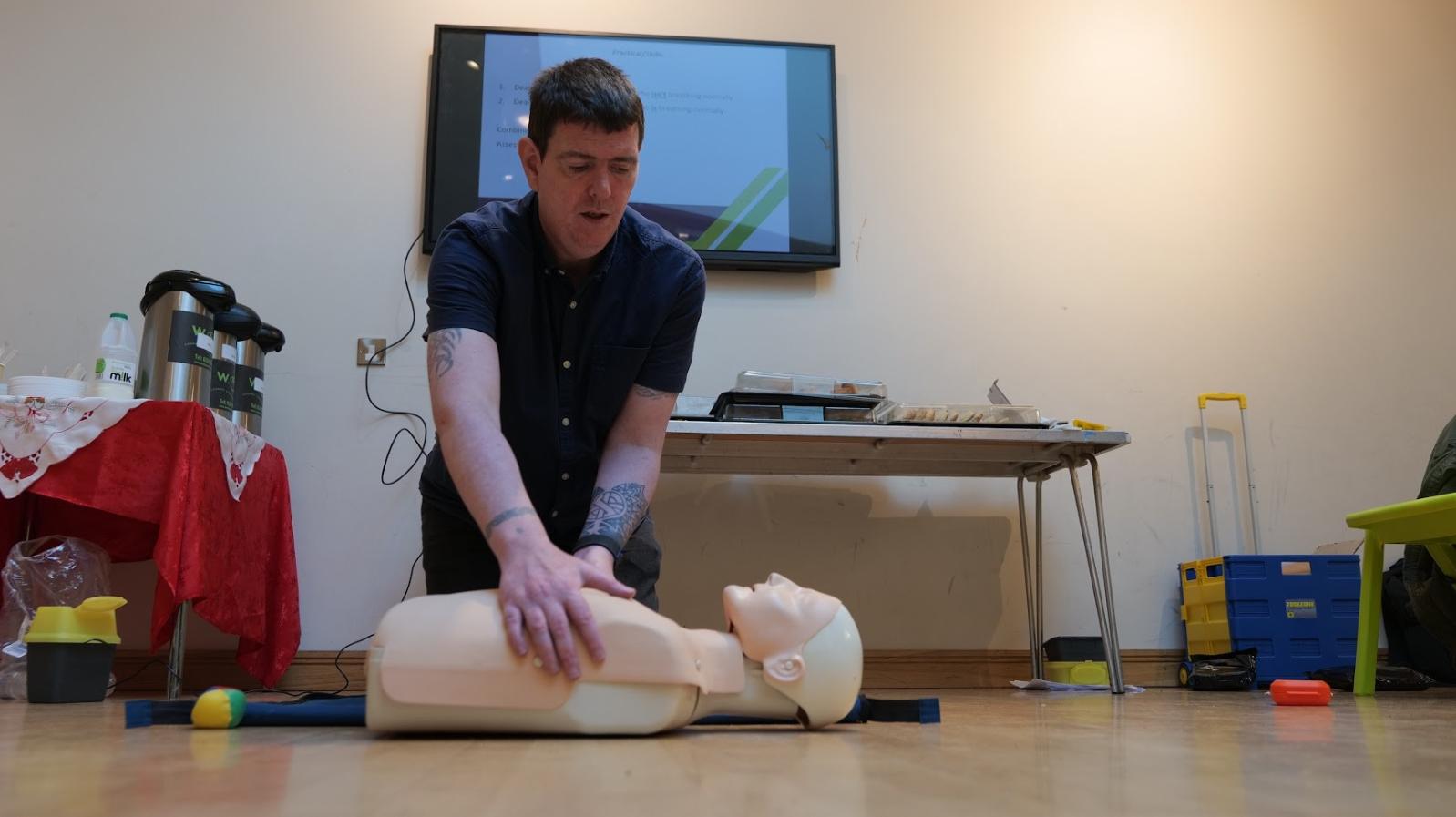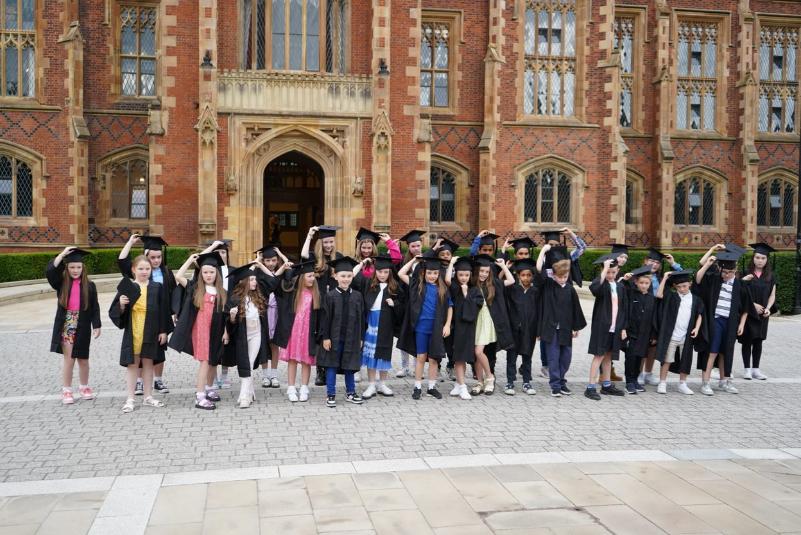Evidence into Actions
QCAP is a highly responsive engaged research project. Therefore, it is important to be able to rapidly reflect findings from the GUIM data and take action on key priorities reflected by respondents. The second research question of the study asked:
How can the insights from the lived experience data be harnessed to co-produce targeted interventions supporting the community to address identified needs?
In year one, during data collection and early stages of analysis it was clear that respondents were strongly expressing the need for interventions to address problems negatively impacting people in the community, e.g., mental health, substance use and the cost-of-living crisis. Researchers drew together this early information and produced a series of evidence briefs.
QCAP’s partnership with community is operationalised through a series of Action Working Groups made up of residents, community workers and academics with the aim of addressing particular social concerns. The early findings were used by the working groups to inform several immediate actions as well as medium- and long-term strategies.
Tackling substance use together
Findings from GUIM related to mental health and wellbeing, substance use and the cost-of-living crisis were fed into the Action Working Group on Health. Several PAR projects then stemmed from this. For example, the significant concerns around substance use and risk of overdose in the community led to a peer led Naloxone training for community residents. Residents and community workers were trained in the use of this overdose reversing drug and the community was supplied with around 100 doses. The engagement that occurred on this evening indicated that the community wanted to see more interventions around substance use and this has been developed into a programme of work entitled “Tackling Substance Use Together in The Market Community”. A significant element of this is a codesigned community drug education and awareness programme. Running alongside this codesigned intervention is a family support group, which has already proven to be an excellent support for those involved. Further plans exist for increased signposting about existing services and preventative work with children and young people.
The Community Wellbeing Kitchen
Respondents in the GUIM study discussed the cost-of-living crisis and in particular concerns about food poverty. The immediate action in this case involved supporting the local community organisation, the MDA, with Christmas hampers for over 170 residents.
These findings, coupled with ongoing community consultation and discussions with the local Health Action Working Group, saw the development of a ‘community wellbeing kitchen’ research project, to respond to these community level needs.
The community wellbeing kitchen is supported by best practise knowledge and research. The goal of the community-based pilot programme, which is currently in progress, is to provide Market people with the practical information, abilities, and experience they need to address recognised needs in the areas of nutrition, physical and mental health, and budgeting. With customised material based on co-design activities within the local market relevant to contemporary difficulties for families and individuals here, the pilot expands upon an existing model of practise in the Cook It programme.
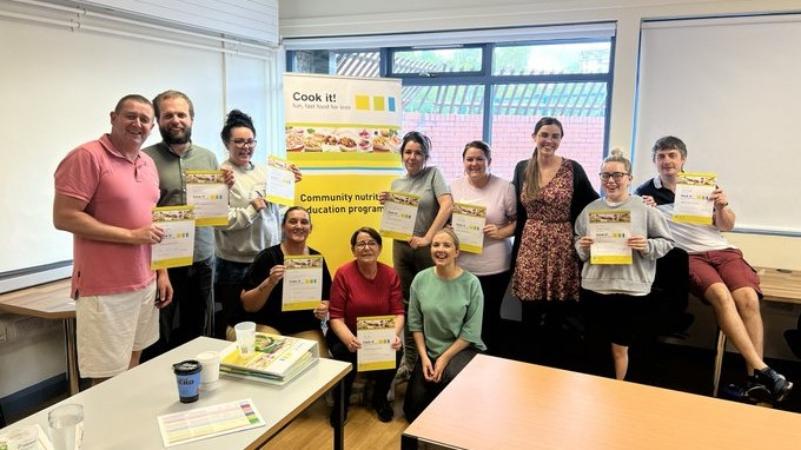
There has been a key barrier in provision of healthy eating and cookery skill programmes in the community due to a lack of appropriate facilities and equipment. As such the programme also provides a sustainable footprint in the community through funding secured to cooking stations and kits.
Education
The key contextual points for education are that the community experiences high levels of ‘low or no’ qualifications, relatively persistent levels economic inactivity, there is a strong desire to access education and training, and the existing education infrastructure in close proximity to the community is fragmented and not meeting its needs. Young people are doing well, as learners, relative to older members of the community. Residents also need support to build capabilities around digital technologies. Our focus is therefore on enhancing connections between education stakeholders and the community and providing education touchpoints for residents beyond formal provision.
The following actions have been taken to address these challenges:
Market School Network
Transition between education phases, specifically between primary and post-primary, was associated by GUIM participants, with a range of issues. In response, QCAP has convened the local primary schools and closest post-primary school to develop a community schools’ network. The intention is that the network will support children and families as the pupils transition between the schools, by aligning curriculum provision, and identifying the CPD requirements of staff. QCAP has already begun the latter by working with principals and teaching assistants, with a view to also offering CPD support for middle leaders.
Tech Creators STEAM Scheme
Children from the community told us about their aspirations for education and aims for their careers, which appear to be mediated by paths taken in education by their family members and also the availability of opportunities to engage with alternative careers. The GUIM participants specifically told us that they wanted more opportunities to engage with the University. In response to these identified needs, QCAP leveraged experts and resources from across the University to deliver a STEAM focused summer scheme for residents, aged 8-12 years old. The scheme called Tech Creators featured activities both on and off the QUB campus, exposing the group to learning opportunities they wouldn’t frequently get at school. Participants explored biodiversity at the Queen’s Marine Lab, sampled creative media at the Sonic Arts Research Centre, played with autonomous vehicles at the Robotics Lab and experimented with researchers from the Patrick G Johnston Centre for Cancer Research.
Read more about Tech Creators here.
Smart City-zens
Learning opportunities beyond school, grounded in the community’s context, was identified by participants as lacking. Furthermore, young people said that they would be keen to become more involved in research across the community. Across all the age cohorts we interviewed it was clear that digital inclusion was also an area of challenge area, specifically understanding data and how to use their devices more effectively. In response to these identified needs, QCAP (in partnership with the Global Innovation Institute) has developed a programme of citizen science for 16–18-year-olds from the community, called Smart City-zens. The overarching objective for this programme is to foster (technologically) intelligent, innovative communities that have agency over their own data and actively contribute to the co-design and inclusive innovation process.
Read more about Smart City-zens here.
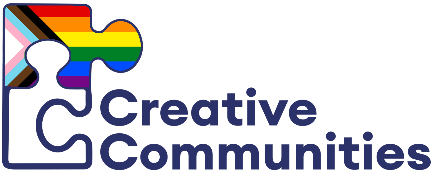
Community Innovation Practitioner
The findings from GUIM clearly show that intergenerational trauma persists in The Market, with silence being a key transmission mechanism by which the past continues to impact the present. This intergenerational transmission is a significant factor in substance use/dependency among young people and their families in NI.
In response to these findings, Action Working Groups and a community consultation evening with residents impacted by substance use were arranged to discuss potential ways forward. Key takeaways from these discussions were the importance of addressing community needs and facilitating community-based solutions to this problem. These solutions needed to take into account the lived experiences of substance use in the community as well as the cumulative effects of trauma across generations. Consultations also revealed a pressing need to give younger people more influence. Also a priority was that the interventions include accessible media to ensure the greatest possible reach, with theatre and exhibition being popular formats for arts based approaches.
This led to a successful application to the Creative Communities fund and the appointment of a Community Innovation Practitioner in the Market. Through this funded project it is hoped that a group of young people can be engaged to produce a piece of theatre aimed at address the by which trauma is transmitted from one generation to another.

